5 Things You Don’t Know About Calories
It’s summer ((can I get an A-MEN!))…which means you’ll probably be spending more time in a bathing suit than the rest of the year…which means that you may also be thinking about “the tiny creatures that live in your closet and sew your clothes tighter every night” AKA CALORIES!
We’re taught from a young age (sadly) about food having calories. Instead of being able to listen to our hunger and satiety cues, we’re taught about calories in and calories out. I’m not going to be disproving that statement today (sorry). It is true that we need to balance the amount of calories we consume with the amount of calories we expend during our daily activities (yes, even while you sleep!) to maintain our weight, but that’s not the whole calorie food picture. There’s much more to food than just the number of calories it contains.
And what even is a calorie?!
Well, to be exact it’s 4.18400 joules. In other terms, a calorie is the energy it takes to raise the temperature of 1 gram of water 1 degree Celsius. Keyword: ENERGY! The calories you see listed on the side of a package are the amount of energy that the food provides.
So, how many calories do you need everyday? Scientists discovered that your resting metabolic rate (RMR) is the basis to determine the amount of calories that your body requires. Your RMR varies based on your age, sex, muscle mass, and activity level. One common formula that dietitians use to estimate (keyword here!!) the amount of calories a patient needs is called the Mifflin St. Jeor equation. You can plug in your info here to determine your caloric needs, but remember, this equation isn’t a tell all!!! Various health conditions, medications, professions, and info beyond your age, sex, height and weight determine your caloric needs! ALWAYS, consult a physician and dietitian before making any drastic changes to the way you eat!
While I do think calories are important, I don’t think they’re the be all, end all when it comes to healthy eating. I, personally, do not count calories, but I do think it can be a useful tool. Instead, I focus on eating well-balanced meals and snacks that provide sufficient protein, healthy fats, and complex carbohydrates that allow my body to work like a well-oiled machine.
No matter what your approach to healthy eating may be, or if you’re still finding what works for you, here are some (more) things you probably didn’t know about calories:
1. A calorie isn’t just a calorie.
Even though I said I wasn’t really going to talk about a calorie being a calorie or calories in versus calories out, I couldn’t help myself! To keep it simple, 100 calories of potato chips won’t get you as far as 100 calories of avocado, salad, or even lean grilled chicken. Here’s why:
- 100 calories of veggies takes up more volume than 100 calories of potato chips, which means you’ll fill your stomach more, which signals to your brain that you are full. If you listen, you’ll stop eating sooner.
- A 2012 JAMA study showed that when subjects were overfed a high protein diet, they increased their lean body mass (in addition to fat mass) more than if fed a low protein diet of the same quantity of calories. Lean body mass helps you burn more calories at rest, so if you’re gaining weight, it’s better to put on lean mass. Participants who followed the high-protein diet gained less overall weight when overfed the same amount of calories versus those on a lower protein diet. [source: Bray et al.]
- Your body works harder to digest veggies, lean protein, and healthy fats than it does processed food, so you’re actually burning some calories while eating these foods. Processed “junk” foods are often already broken down so our body doesn’t have to work as hard once we eat them. Healthier foods first need to be broken down in our body before we can readily reap the nutrients, so this burns calories to do! #winning
2. Carbs, protein, fat, and alcohol provide different amounts of calories per gram:
- Carbs and Protein: 4 calories per gram
- Fat: 9 calories per gram
- Alcohol: 7 calories per gram
You can now calculate how many calories are in mystery food X if you know the amount of grams of each macronutrient. For example, if a food contains 10g carbs, 4g protein, and 3g fat, that food will have 83 calories [(10×4) + (4×4) + (3×9) = 83].
3. Labels don’t have to count calories from fiber.
Which is why if you do the math (see above) based on carbs, protein, and fat grams, you may get a higher calorie count than what’s listed on the package. This is also why some labels talk about “net grams of carbs,” which is the grams of carbohydrates in some food without the fiber count included.
Why don’t Nutrition Facts labels have to include calorie counts from fiber? Fiber is largely undigestible, so while our body breaks it down to the best of its ability, it cannot break it down to a form that we can then absorb and receive a large amount of calories from. This is why fiber is known to keep us movin’ or “bulk” stools — it stays in our GI tract because we cannot absorb it in the same way we do other carbohydrates.
4. That 100 calorie pack may contain more than 100 calories.
How dare they?!? I know!!! But it’s true…those “100 calories” you think you’re eating every afternoon may very well be 120 calories! Calories listed on Nutrition Facts labels have wiggle room — up to 20%!! While consuming 120 versus 100 calories may not seem like a huge deal, if that were true for everything you eat in a day, times 365 days per year, that’s a lot of extra calories…7,300 extra calories to be exact from your snack alone. And that can equal an extra 2 pounds a year! Over time, these excess calories can add up, so just keep this in mind if you’re a calorie counter!
5. Calories…shmalories! You don’t really need to worry about calories in order to be healthy.
Instead of counting calories, if you can answer “true” to these 3 statements, you’re most likely doing A-OK….
- At MOST meals, I can look down at my plate and see a good balance of protein, complex carbs (read: fiber), and healthy fats.
- I am maintaining a healthy weight.
- I don’t have any side effects after eating (abdominal discomfort, bloating, gas, constipation, diarrhea, rashes, etc.).
Keep an eye on these 3 things and you probably don’t have to worry about counting calories. This means you’re listening to your hunger and satiety cues, listening to your body, and eating the foods that agree best with your body! Congrats!
So you see, calories don’t have to be a scary or something you consciously think about on a daily basis, but keep this in mind…
A recently published study found that 61% of the food Americans buy is highly processed, laden with sugar, fat, and salt! It’s important to remember that not all calories are created equal, so be sure to keep the above tips in mind!!!
For more information about how to live a healthier life today, click here, here, and here!
Are you a calorie counter?
XO


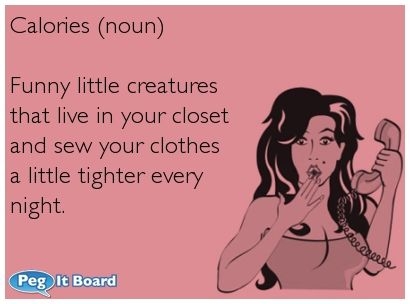
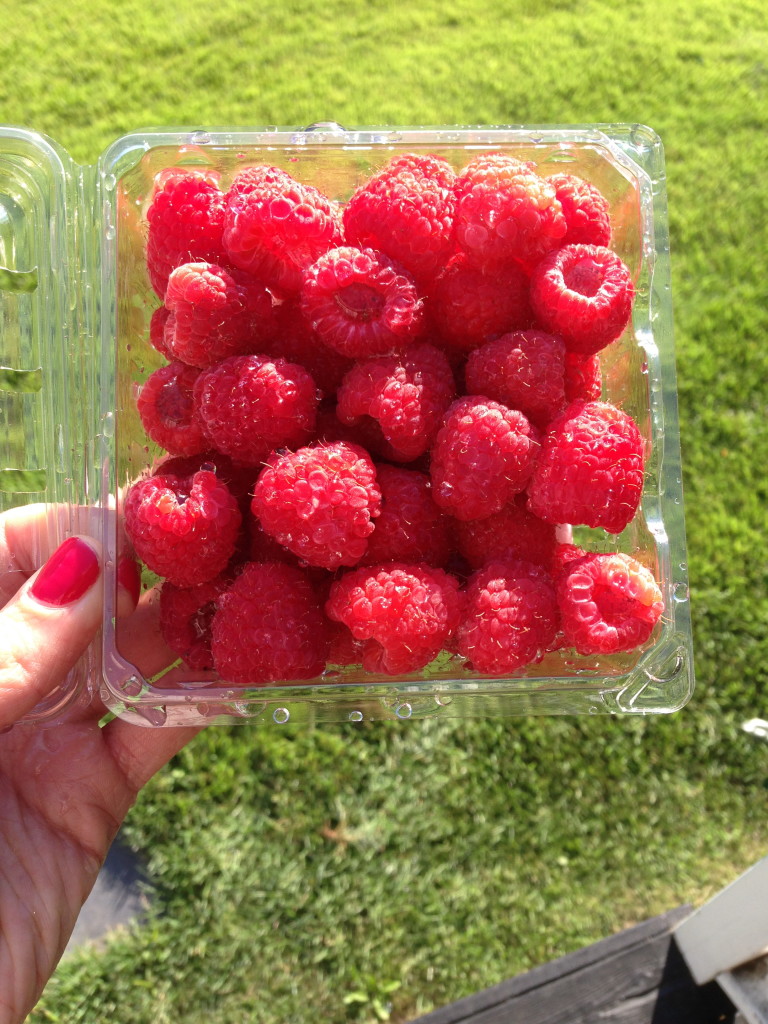
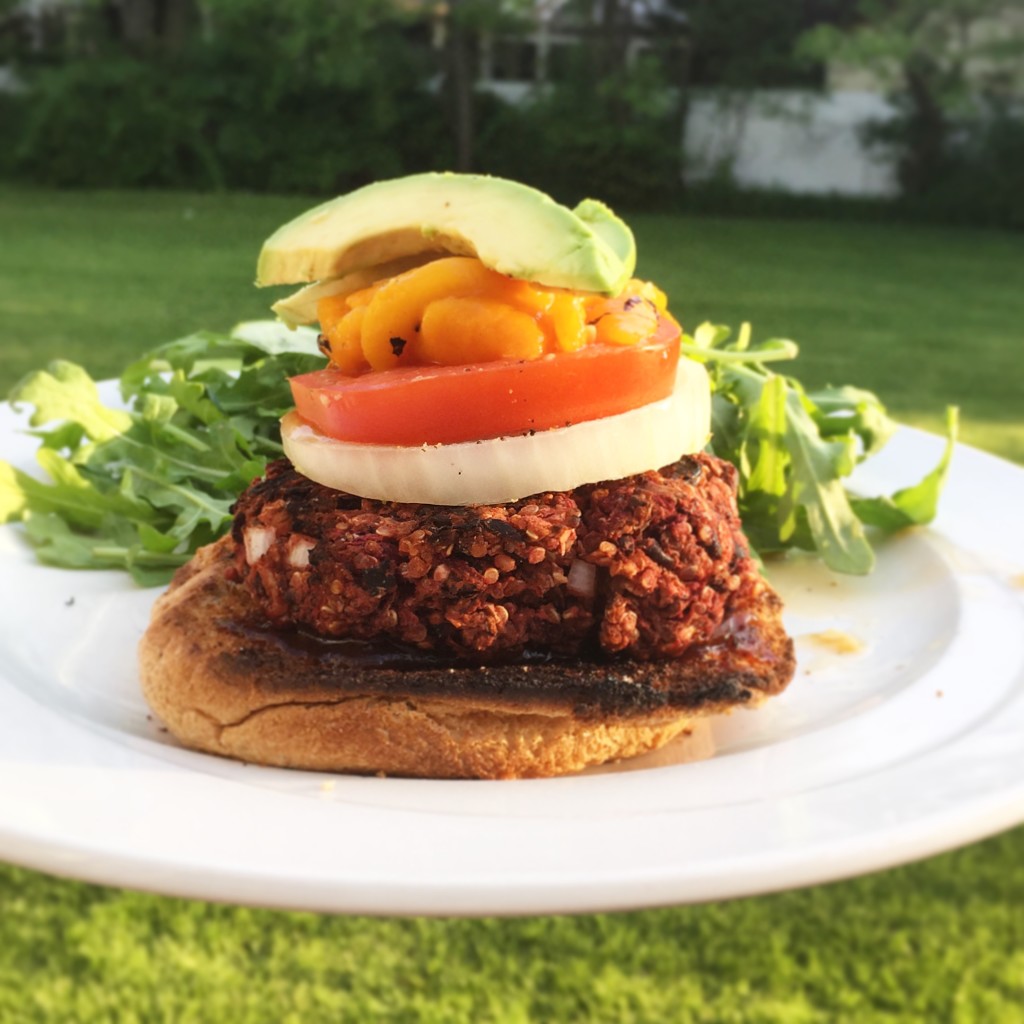
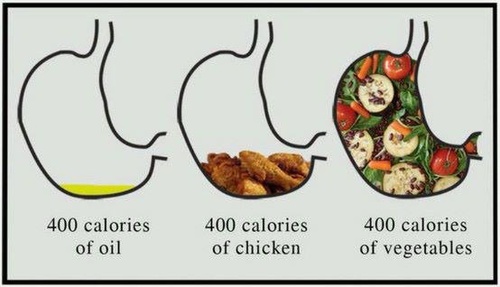
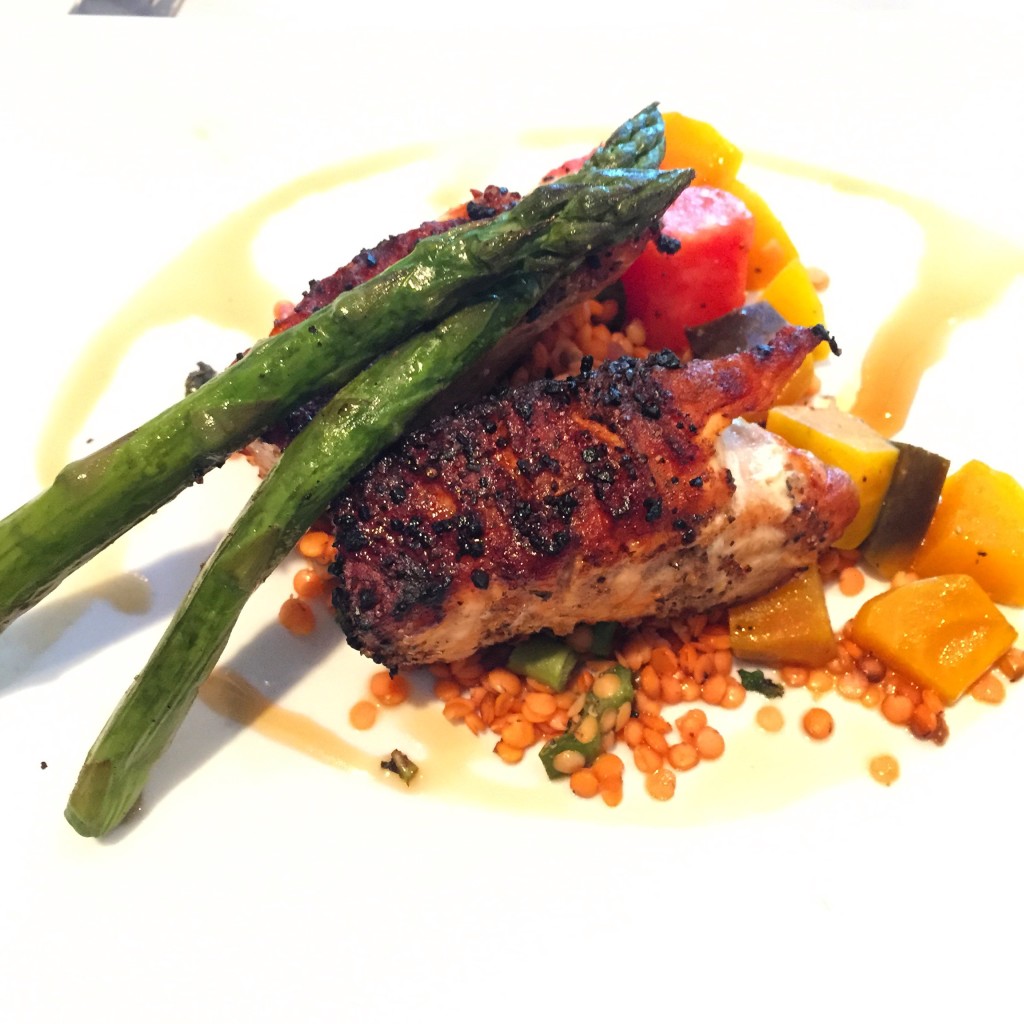
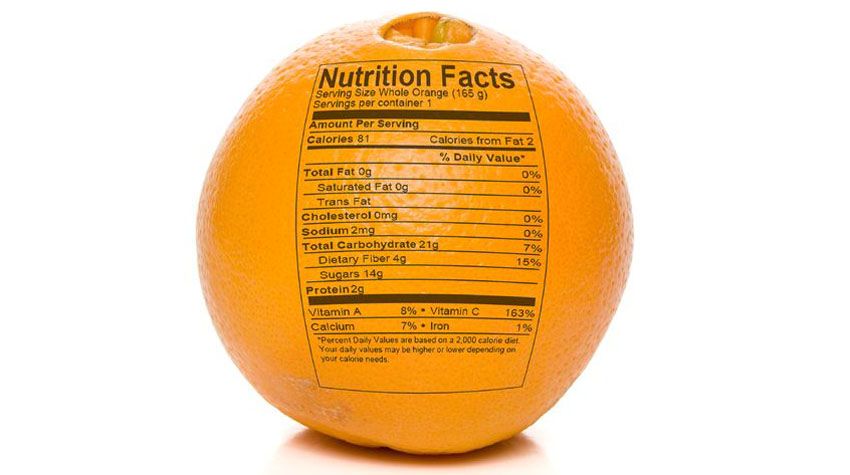
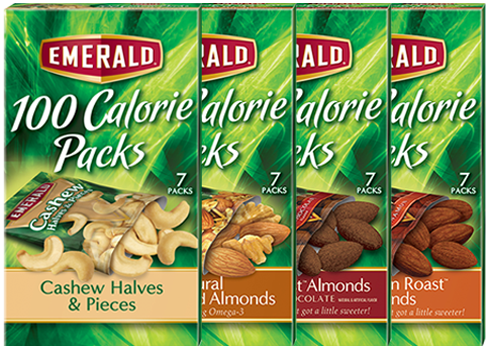
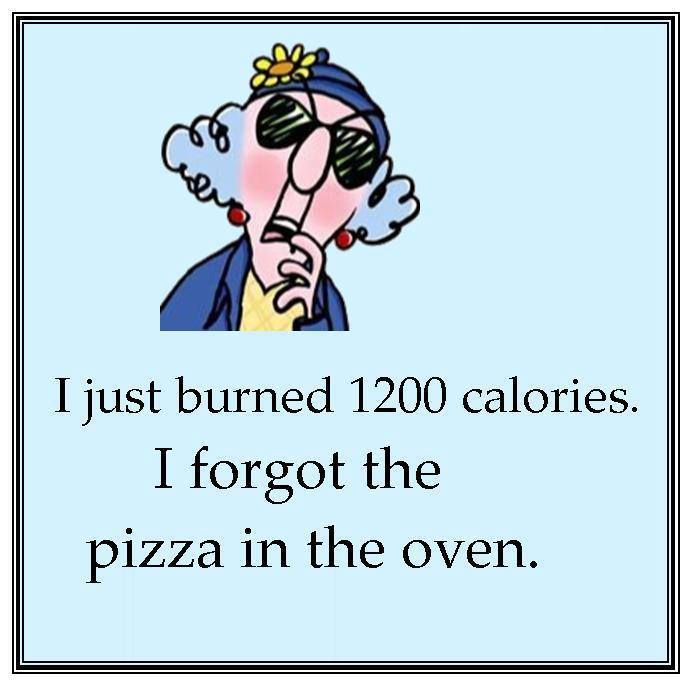
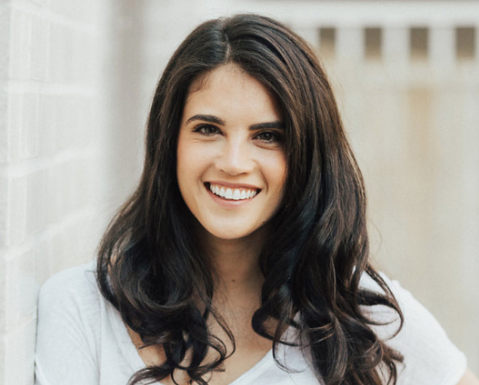 Hi there!
Thanks for stopping by! I'm Chelsey, an online Registered Dietitian, recipe developer, budding photographer, and coffee addict! My mission is to help you feel good through food by answering the question "What should I eat?" Let's make nutrition approachable!
I hope you enjoy my personal collection of simple, healthy, food allergy friendly and nutritiously delicious recipes, plus tips and tons of tricks that will help YOU live a nutritionally-balanced life! I look forward to getting to know you better...
Hi there!
Thanks for stopping by! I'm Chelsey, an online Registered Dietitian, recipe developer, budding photographer, and coffee addict! My mission is to help you feel good through food by answering the question "What should I eat?" Let's make nutrition approachable!
I hope you enjoy my personal collection of simple, healthy, food allergy friendly and nutritiously delicious recipes, plus tips and tons of tricks that will help YOU live a nutritionally-balanced life! I look forward to getting to know you better...








Excellent post and reminders for people. I hate calorie counting!
Thanks Jessica!
LOVE this! Goes along great with my recent post on diet freedom. Focus on real food, hunger cues, and satiety and you’re in a good place!
Thanks Emily!